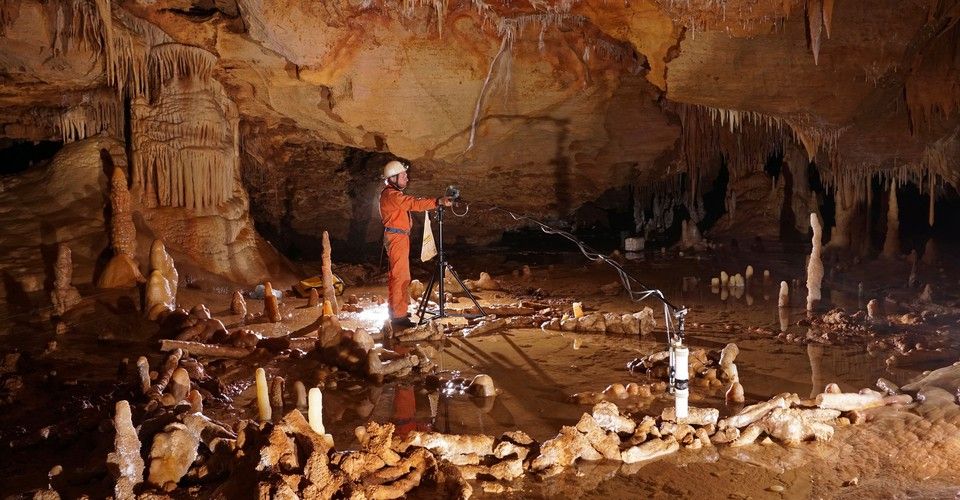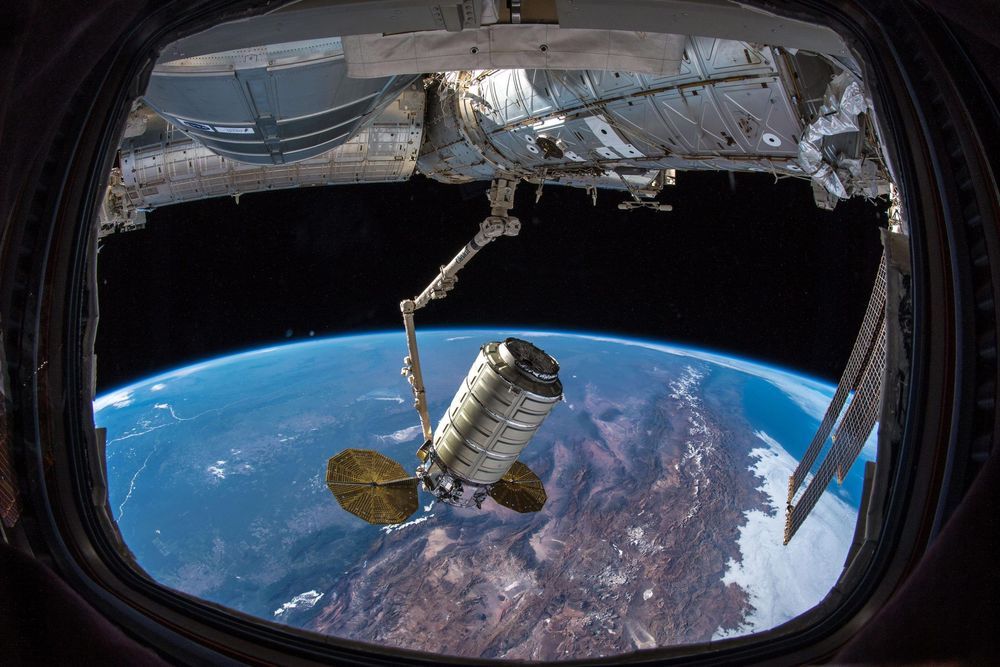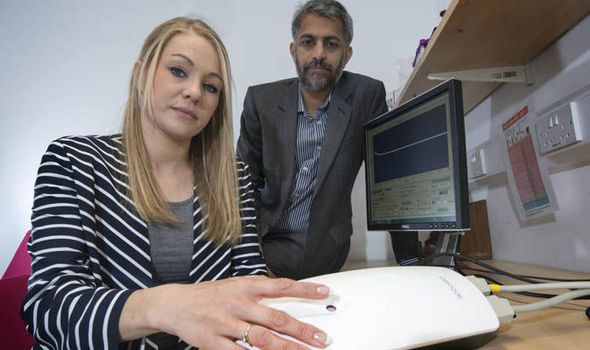Even the most optimistic estimates of neutron star collision frequency can’t account for the sheer abundance of gold and other elements in the Universe. This was a surprise. It looks like spinning supernovae with strong magnetic fields could be the real source of the majority of these elements.” ates of neutron star collision frequency can’t account for the sheer abundance of gold and other elements in the Universe. This was a surprise. It looks like spinning supernovae with strong magnetic fields could be the real source of the majority of these elements.” ates of neutron star collision frequency simply can’t account for the sheer abundance of gold and other elements in the Universe.






